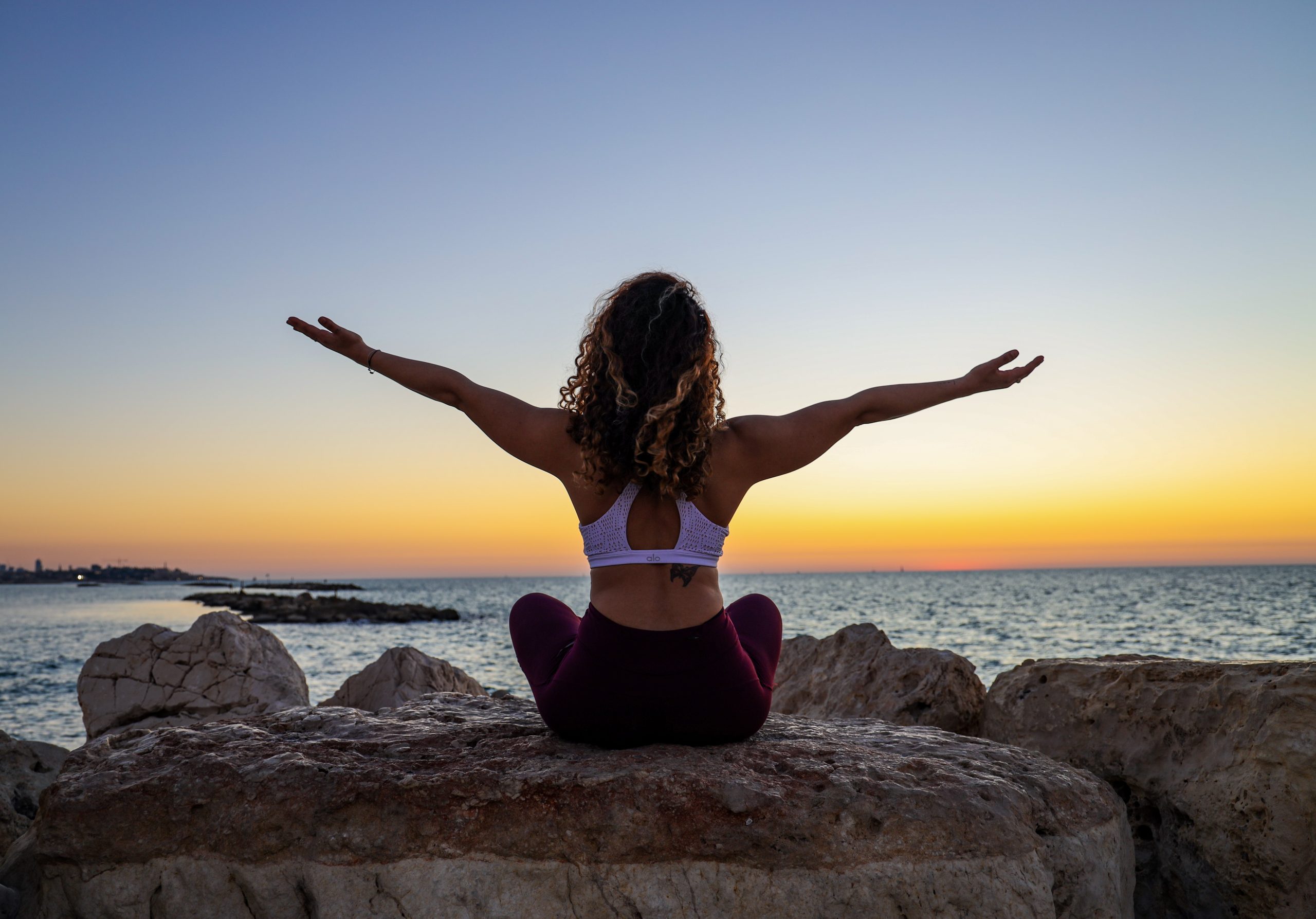As a journalist, I embarked on a journey to explore the world of meditation – a practice that has gained popularity in recent years for its potential benefits in reducing stress, improving mental well-being, and enhancing overall health. Through extensive research and interviews with experts in the field, I delved into the proper methods of meditation for both beginners and experts, uncovering valuable insights into this ancient practice.
Meditation, which has its roots in ancient spiritual traditions, is now being embraced by people of various backgrounds and lifestyles, from busy professionals to stay-at-home parents. However, with the plethora of meditation techniques available, it can be overwhelming to know where to start. I spoke with meditation practitioners, mindfulness coaches, and meditation instructors to gather tips and advice for those looking to master the art of meditation.
For beginners, establishing a consistent meditation practice can be key. Experts recommend starting with short sessions of just a few minutes per day and gradually increasing the duration as one becomes more comfortable. Finding a quiet and peaceful environment, sitting comfortably with good posture, and focusing on the breath are often recommended as foundational practices. Additionally, using guided meditation apps or following online tutorials can be helpful for beginners to get started.
One of the key aspects of meditation is mindfulness, which involves paying attention to the present moment without judgment. This can be particularly challenging for beginners, as the mind tends to wander. However, experts emphasize that it’s important to be patient and kind to oneself during the learning process, as meditation is a skill that takes time and practice to develop.
For those who are more experienced in meditation, there are a plethora of techniques to explore. From transcendental meditation to loving-kindness meditation, there are various methods that can be tailored to individual preferences and needs. Experts advise that regularly switching up the techniques can help prevent monotony and maintain motivation.
In my research, I also uncovered the importance of integrating meditation into daily life beyond formal practice. This includes incorporating mindfulness into everyday activities, such as mindful eating or mindful walking, to cultivate a sense of presence and awareness in all aspects of life.
As with any topic, it’s important to verify information and uncover reliable sources when writing about meditation. I utilized reputable sources, such as scientific research articles, interviews with renowned meditation experts, and evidence-based meditation programs, to ensure accurate reporting.
In conclusion, mastering the art of meditation is a personal journey that requires patience, practice, and an open mind. Whether you’re a beginner or an expert, there are proper methods that can help you cultivate a regular meditation practice and reap its potential benefits for your mental, emotional, and physical well-being. By incorporating mindfulness into daily life, one can truly harness the power of meditation and experience its transformative effects.




